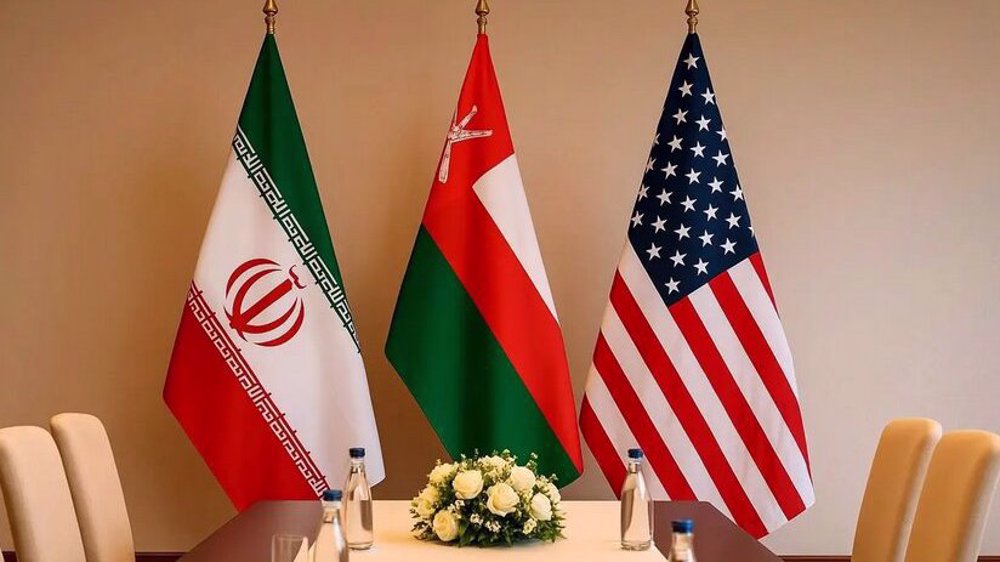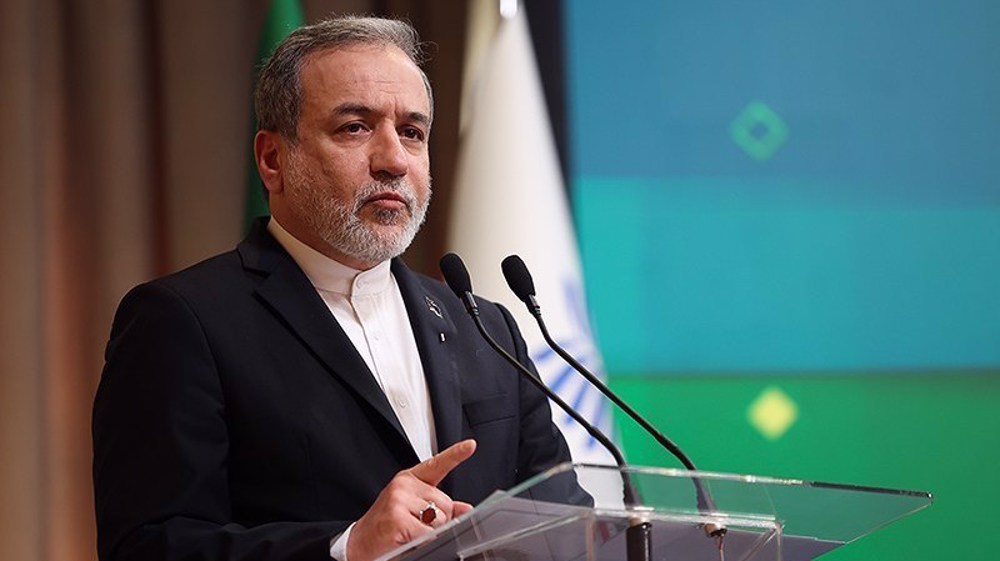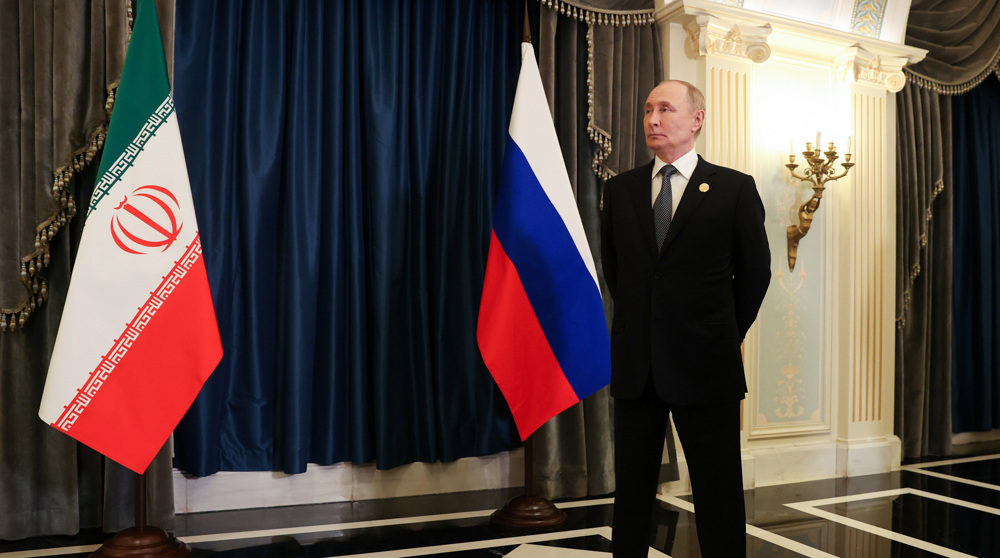Reactions pour in to assassination of Iranian Defense Ministry scientist
The assassination of a high-profile scientist with the Iranian Defense Ministry by suspected Israel-tied terrorists has drawn reactions from other countries and senior political figures.
Dr. Mohsen Fakhrizadeh was shot and injured by terrorists in his vehicle on Friday in a small city east of the capital Tehran in an attack that also involved a car bombing.
A professor of physics at Imam Hussein University of Tehran, Fakhrizadeh served as the Iranian Defense Ministry’s Organization of Defensive Innovation and Research (SPND).
Iranian government officials and military commanders hinted that the Israeli regime could have been behind the terror attack, vowing harsh revenge against all the criminals involved.
Yemen: Enemies after monopolizing science
Hours after the incident, Yemen’s Houthi Ansarullah movement offered condolences to the Iranian nation on the scientist’s martyrdom and said the Islamic Republic reserves the right to punish the masterminds and the perpetrators of the atrocious terror attack.
In a statement, Ansarullah’s Political Bureau said assassinating such high-profile scientists serves to deal a blow to the entire Muslim world’s capabilities and scientific experience.
The enemies, it said, seek to “monopolize scientific capabilities,” but they will fail to achieve that goal.
‘Scientist’s assassination won’t undermine Iran capabilities’
The Popular Front for the Liberation of Palestine – General Command (PFLP-GC) likewise slammed Fakhrizadeh’s assassination.
Contrary to delusions of terrorist Zionist leaders, the scientist’s martyrdom will not undermine Iran’s capabilities, it said.
‘A possible attempt to prevent renewed US diplomacy with Iran’
Meanwhile, senior Swedish politician Carl Bildt suggested that the assassination could be part of plots to block the incoming administration of US president-elect Joe Biden from re-engaging in diplomacy with Iran, two years after outgoing President Donald Trump pullout Washington out of a 2015 nuclear deal with Tehran and unleashed a campaign of “maximum pressure” against the Islamic Republic.
“It’s not unlikely that this targeted killing was part of efforts to prevent the Biden administration from reviving diplomacy with Iran and going back to the nuclear agreement,” the ex-Swedish premier said in a tweet.
Biden has said the US will rejoin the deal if Iran agrees to end the retaliatory measures it adopted in the aftermath of Washington’s exit from the agreement, officially named the Joint Comprehensive Plan of Action.
Israel has been a staunch opponent of the Iran nuclear deal.
Ex-CIA chief: A crime that risks 'lethal retaliation, new round of conflict'
Meanwhile, in a series of tweets on Friday, former Central Intelligence Agency Director John O. Brennan said the assassination of the Iranian scientist is "an act of state-sponsored terrorism" that could ignite a new round of conflict in the region.
This was a criminal act & highly reckless. It risks lethal retaliation & a new round of regional conflict.
— John O. Brennan (@JohnBrennan) November 27, 2020
Iranian leaders would be wise to wait for the return of responsible American leadership on the global stage & to resist the urge to respond against perceived culprits. https://t.co/0uZhyBTM3S
I do not know whether a foreign government authorized or carried out the the murder of Fakhrizadeh. Such an act of state-sponsored terrorism would be a flagrant violation of international law & encourage more governments to carry out lethal attacks against foreign officials.
— John O. Brennan (@JohnBrennan) November 27, 2020
These assassinations are far different than strikes against terrorist leaders & operatives of groups like al-Qaida & Islamic State, which are not sovereign states. As illegitimate combatants under international law, they can be targeted in order to stop deadly terrorist attacks.
— John O. Brennan (@JohnBrennan) November 27, 2020
Agnes Callamard, the UN human rights expert and the special rapporteur on extrajudicial, summary or arbitrary executions, also condemned the Friday act of terror in Iran as a violation of the UN Charter and international human rights law.
An extraterritorial targeted killing, outside an armed conflict is a violation of international human rights law prohibiting the arbitrary deprivation of life and a violation of the UN Charter prohibiting the use of force extraterritorially in times of peace.
— Agnes Callamard (@AgnesCallamard) November 27, 2020
VIDEO | 39th AU summit opens in Addis Ababa with focus on water security, peace, and development
VIDEO | Iran: The stronghold Washington lost
Anti-Iran ‘Munich circus’ shows Europe has lost geopolitical weight: Araghchi
Swiss to act as venue of next round of Iran-US talks: Report
Report: Over 50,000 soldiers fighting in Israeli military hold foreign citizenship
Danish PM warns US attack on Greenland would spell end of NATO
Power running out at key Gaza hospital, ICU patients at risk: Report
VIDEO | Press TV's news headlines











 This makes it easy to access the Press TV website
This makes it easy to access the Press TV website